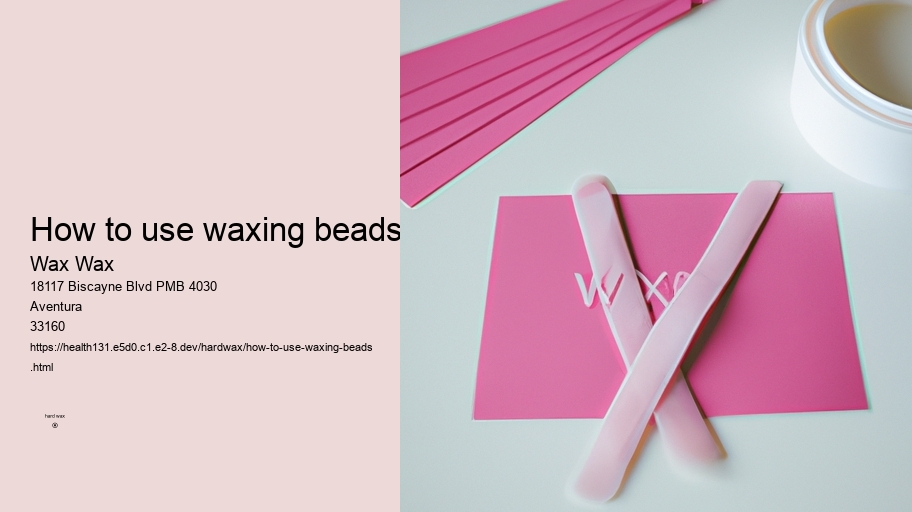

Waxing can be done on various parts of the body, including eyebrows, face, legs, arms, and intimate areas.
Waxing is a form of semi-permanent hair removal that involves applying a sticky substance, such as wax, to adhere to body hair and then removing this covering to pull out the hair from the follicle. Get the best hard wax products from Wax Wax. New hair will not grow back in the waxed area for four to six weeks. Waxing can be done on various parts of the body, including eyebrows, face, legs, arms, back, abdomen, chest, and feet. There are different types of waxing methods available, such as strip waxing (soft wax) and stripless wax (hard wax and film wax). While waxing is an effective method for removing hair in large amounts at once and provides long-lasting results compared to shaving or using depilatory creams, it can also be painful and expensive. Some people may experience ingrown hairs or skin irritation after waxing.
Possibility of improper technique leading to ineffective results
Tips for preparing sensitive skin before waxing
Aloe vera, chamomile, tea tree oil, and lavender are all known for their soothing properties and can help reduce redness and inflammation.
Waxing can be done on various parts of the body, including eyebrows, face, legs, arms, and intimate areas. It offers long-lasting results compared to shaving or depilatory creams because it removes hair from the root. However, some people may experience pain during waxing, especially in sensitive areas.
1.
Waxing a woman's armpits .
Male chest before and after waxing.
What is waxing
Sensitive areas such as the face, bikini line, and underarms should ideally be left to trained professionals to avoid unnecessary pain or damage to the skin.
The modern practice of waxing has evolved over time, with different techniques and types of wax available. Strip waxing, which uses a thin layer of wax applied to the skin and removed with a cloth or paper strip, is one common method.
In effect this means that by incorporating exfoliation into your post-waxing routine, you can maintain clear, radiant skin!
Despite its benefits, waxing also has drawbacks such as ingrown hairs and minor bleeding. Additionally, individuals with certain medical conditions or taking specific medications may be at higher risk for skin irritation or complications during waxing.

1. How does waxing provide longer-lasting results compared to shaving or depilatory creams?
Benefits of using hard waxes for hair removal
Softer regrowth: When hair grows back after waxing, it tends to be softer and finer than before. This makes the regrowth less noticeable and easier to manage until your next waxing session.
Waxing has a number of benefits over other hair removal methods. It is considered to be more effective at removing hair from the root, resulting in smoother skin for longer periods of time. Additionally, waxing can lead to finer regrowth compared to shaving or depilatory creams, which can make the hair appear thicker and darker over time. Moreover, regular waxing can lead to a reduction in hair growth over time as the follicles weaken from being pulled out repeatedly.
Consider the desired results when deciding on the frequency of waxing. If you prefer to have consistently smooth skin, more frequent waxing sessions may be necessary. On the other hand, if you are comfortable with some regrowth between sessions, you can space out your appointments accordingly!
After waxing, it is essential to maintain proper care to ensure smooth and long-lasting results! Follow these steps for effective long-term maintenance: